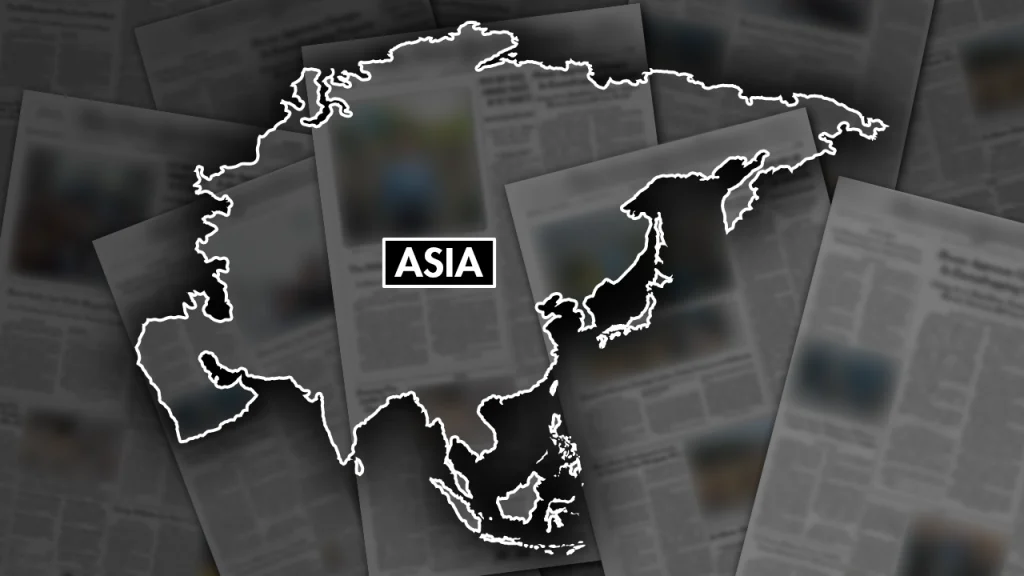Georgia has recently been facing significant protests regarding a proposed law that many see as a threat to media freedom and the country’s desire to join the European Union. The bill in question would require media and nongovernmental organizations to register as pursuing the interests of a foreign power if they receive more than 20% of their funding from abroad. Despite being similar to a bill that was withdrawn last year due to protests, this new bill has already passed a second reading, with the third and final reading expected soon.
Supporters of the bill argue that it is necessary to prevent harmful foreign influence in Georgia’s political scene and protect against potential destabilization by unidentified foreign actors. However, opponents, including the opposition party and Georgian President Salome Zourabichvili, denounce the bill as reminiscent of Russian laws used to stigmatize independent media and organizations critical of the Kremlin. They fear that the bill could hinder Georgia’s aspirations of joining the European Union, as well as demonstrate potential Russian influence over the country.
Russia-Georgia relations have been strained since the collapse of the Soviet Union, with a brief war in 2008 over the breakaway province of South Ossetia further complicating the situation. While relations have improved in recent years, issues surrounding the recognition of South Ossetia and Abkhazia as independent states remain contentious. The opposition accuses the ruling Georgian Dream party, founded by a billionaire with ties to Russia, of serving Moscow’s interests, a claim that the party vehemently denies.
Protests against the bill have been ongoing in Georgia, with thousands of demonstrators surrounding the parliament building to block the bill’s passage. Clashes with police have resulted in over 60 arrests and several injuries, including the chairman of the United National Movement. Following the protests, the parliament canceled a scheduled session due to damage to the building. Despite the opposition and public outcry, Georgian Dream has the majority needed to override a potential presidential veto from Zourabichvili.
The European Union has expressed concern over the proposed legislation, with EU foreign policy chief Josep Borrell stating that it could negatively impact Georgia’s progress towards EU membership. Borrell emphasized that the bill goes against EU core values and could restrict the operations of civil society and media organizations. The EU’s stance highlights the international implications of the bill and the potential consequences for Georgia’s relationship with the European Union. The situation remains tense as the country grapples with balancing its own interests, potential Russian influence, and aspirations of closer ties with the EU.


